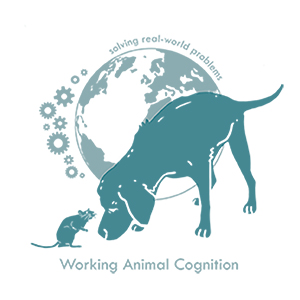/prod01/university-of-lincoln-cdn-pxl/media/responsive2017/collegeofscience/schooloflifesciences/research/animalbehaviourcognitionandwelfare/Animal,cognition,hero,image,credit,new.jpg )
Animal Cognition
Cold-blooded Cognition
Very little is known about the cognitive abilities of reptiles. They have traditionally been considered to be “sluggish and unintelligent creatures” (Yerkes, 1901) and have largely been ignored in the study of animal cognition.
However, to gain an understanding of the evolution of cognition in amniotes, it is necessary to carry out research into the learning and memory abilities of reptiles that parallel the extensive work already available in mammals and birds. Our research has revealed that reptiles possess an impressive suite of cognitive abilities from complex social learning (e.g. Kis et al.,2015) to extensive long-term memory (e.g. Soldati et al.,2017). They can even use a touchscreen!
Academics: Prof Anna Wilkinson, Prof Oliver Burman, Dr Tom Pike, Prof Libby John

Working Animal Cognition
Animals are used to help humans in all sorts of tasks, from explosive detection to search and rescue. The Working Animal Cognition group uses cutting edge science to improve the performance of working animals. We investigate a range of areas, from novel training techniques to to the impact of environmental changes on performance.
This research takes our knowledge about the mechanisms underlying animal cognition and uses it to solve real-world problems.
Academics: Prof Anna Wilkinson, Prof Daniel Mills, Dr Tom Pike, Dr Carl Soulsbury, Dr Helen Zulch

